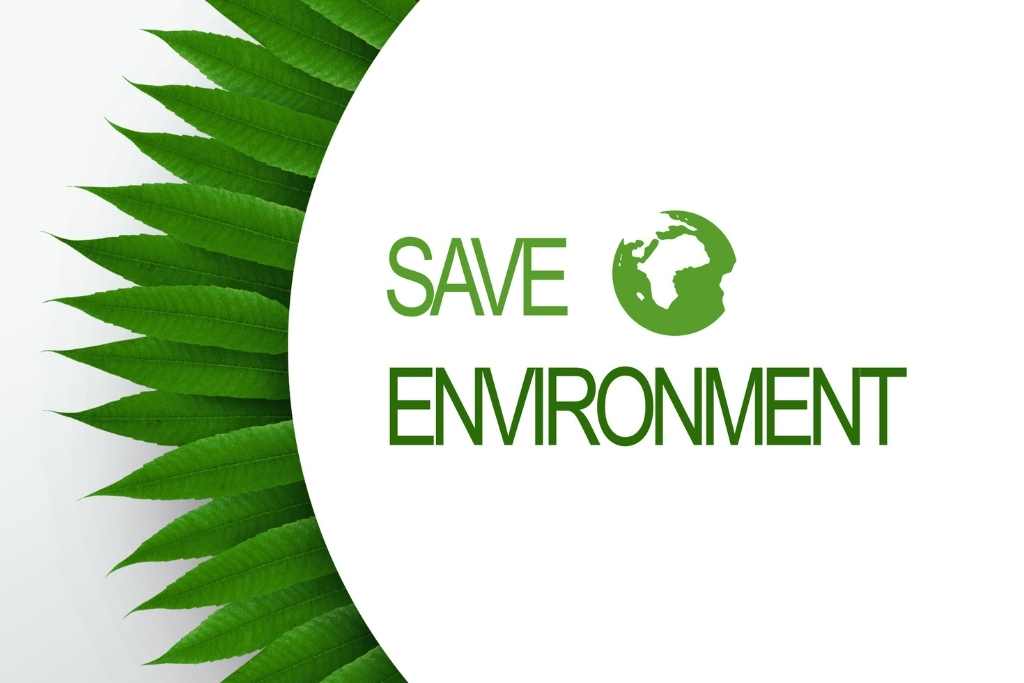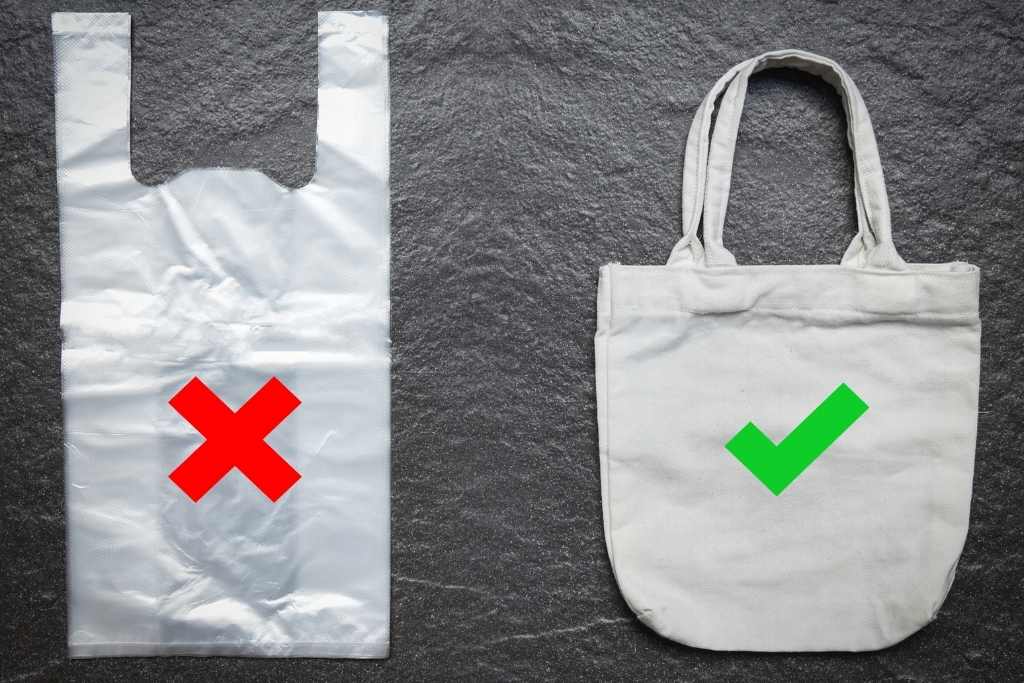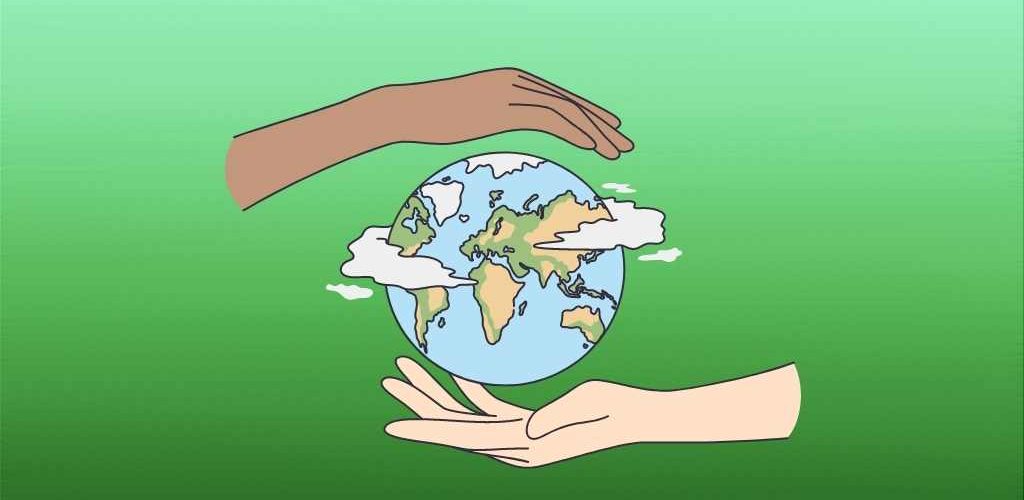The destabilization of our climate is causing more severe and more frequent extreme weather. The last five years have been the warmest on record, and the Arctic is warming faster than scientists predicted. In the last decade alone, climate-related disasters have caused $1.4 trillion in damages. As a result, sixty percent of wildlife populations have declined. Sadly, many more species are predicted to go extinct within the next 20 years.

Reduce your impact on the environment
The best way to reduce your impact on the environment is by making some lifestyle changes. For example, you can switch to public transport instead of your car. You could even invest in an electric vehicle if you need to commute for short distances. Alternatively, you could cycle or walk. Simply by reducing your travel by 10%, you will eliminate hundreds of kilos of CO2 from the atmosphere every year.
Another easy way to reduce your impact on the environment is to buy reusable products. Not only will you save money on the cost of purchasing new products, but you’ll also reduce the amount of trash you generate. You can also compost food scraps and donate unused food to a food bank or shelter. Reusing old clothing and using cloth grocery bags will also reduce your waste. You can also reuse used containers, building materials, and electronics.
Recycling
Recycling is an easy way to help the environment. It is also a good way to demonstrate to others that you care. It sets a positive example for children, families, and communities. It also feels great to do. You’re helping to preserve the planet for our children and future generations. Here are three reasons why recycling is important for our planet.

Recycling reduces the amount of rubbish that is sent to landfill sites. The United Kingdom has over 1,500 landfill sites, and in 2001, these accounted for a quarter of all methane emissions. Methane is a potent greenhouse gas.
Composting
Composting is an excellent way to reduce waste and protect the environment. It turns organic waste into soil conditioner and fertilizer. Not only will it help increase crop yields, it will also reduce waste that would otherwise go to landfills. By composting your organic waste, you will be helping the environment as well as the health of your local community.

Composting is an effective way to reduce greenhouse gas emissions, which are a significant contributor to climate change. Approximately eight to 10 percent of global emissions come from food loss and waste. Also, composting helps protect biodiversity and reduce land-use pollution.
Buying locally
Buying locally saves the environment in several ways. For one, it reduces transportation costs, which means fewer greenhouse gases are emitted. Additionally, purchasing items from local farms and producers can keep foods fresh for longer. Also, buying local helps support small local businesses. These businesses can help boost the local economy, and you might even find yourself getting special discounts or even collaborating with other local brands!

Buying locally can also save the economy of your community. In the wake of globalization and the corresponding environmental consequences, many consumers are choosing to shop locally. This trend is rooted in community resilience. When a crisis strikes, the economic landscape changes, which is beneficial for local small businesses.
Avoiding plastic bags
If you want to save the environment, you should avoid using plastic bags. They pollute the environment and degrade the land. Many of these bags are thrown away without being recycled. Furthermore, they clog sewers and stormwater drains. These bags have been blamed for causing floods in cities like San Jose. In addition to their environmental effects, they can pose a threat to local wildlife.

Most plastic bags are made from petroleum or natural gas. This is a problem, as both these fuels contribute to global warming and pollution. Moreover, most of these plastic bags are non-recyclable. Moreover, the energy used in producing plastic bags is equivalent to that used in driving a car for one kilometer. Additionally, burning plastic bags releases toxic ash that makes the land unusable for a longer time.


